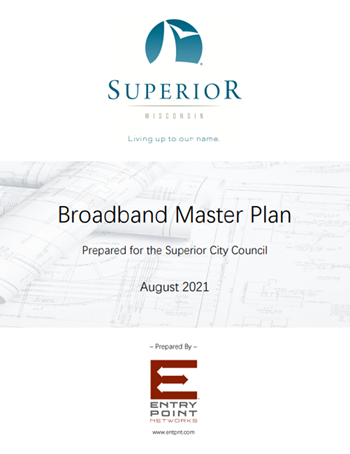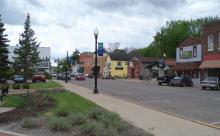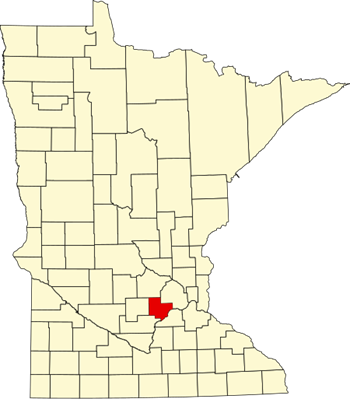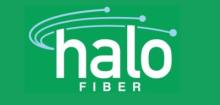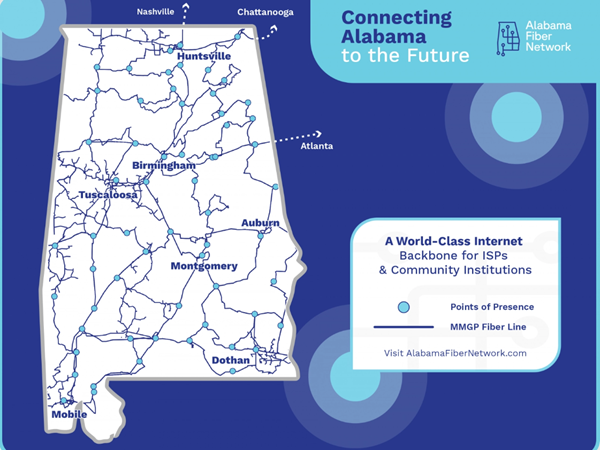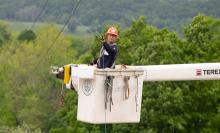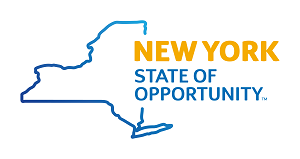Grays Harbor PUD Gets To Work On Western WA Fiber Expansion
Grays Harbor PUD, a wholesale telecom utility in Washington state, says it’s getting to work leveraging a $7 million grant from the Washington State Broadband Office to expand affordable fiber access in the South Elma, Porter, and Cedarville areas of the Evergreen State.
Grays Harbor PUD was one of 16 Washington utilities chosen by the Washington State Broadband Office to receive grant funding during awards first announced back in 2023.
The $6.9 million grant is helping the PUD run fiber along State Route 12, using existing utility poles to expand the service possibilities for customers in South Elma, Porter, Cedarville, and surrounding areas. Once complete, the PUD is expected to lease fiber access to roughly a dozen Internet service providers, serving more than 500 new locations.

The construction is being built in partnership with Paramount Communications, and officials are warning locals to expect some construction delays as crews get to work across the impacted parts of Grays Harbor County on the western side of Washington state.
“The Grays Harbor PUD appreciates your patience and understanding as we complete this project,” Grays Harbor PUD Telecom Business Coordinator Sara Travers says in an announcement. “Our teams are committed to working safely and efficiently to bring improved broadband services to your area.”




